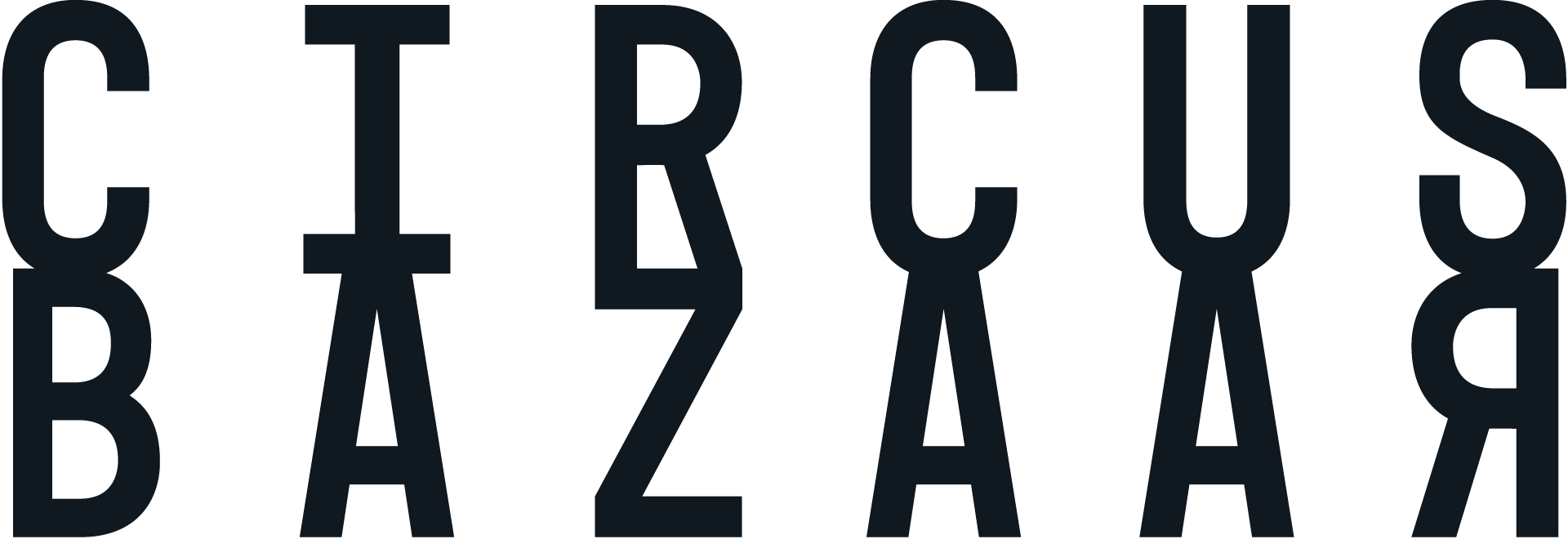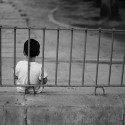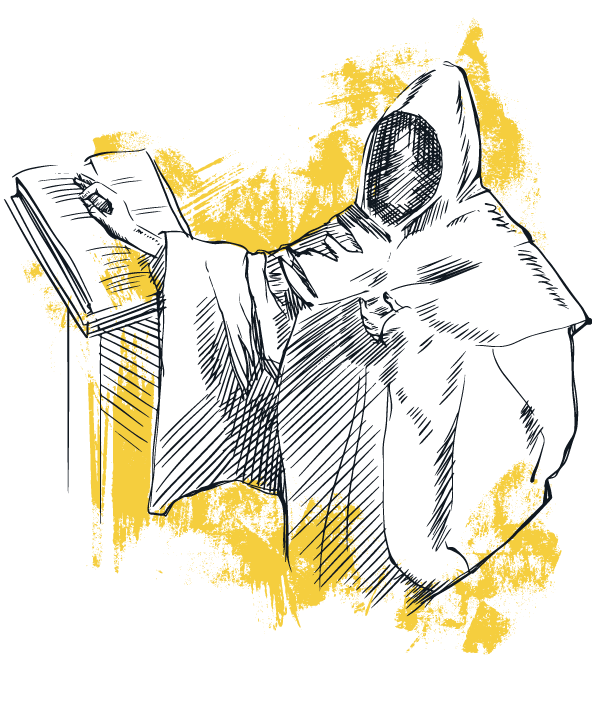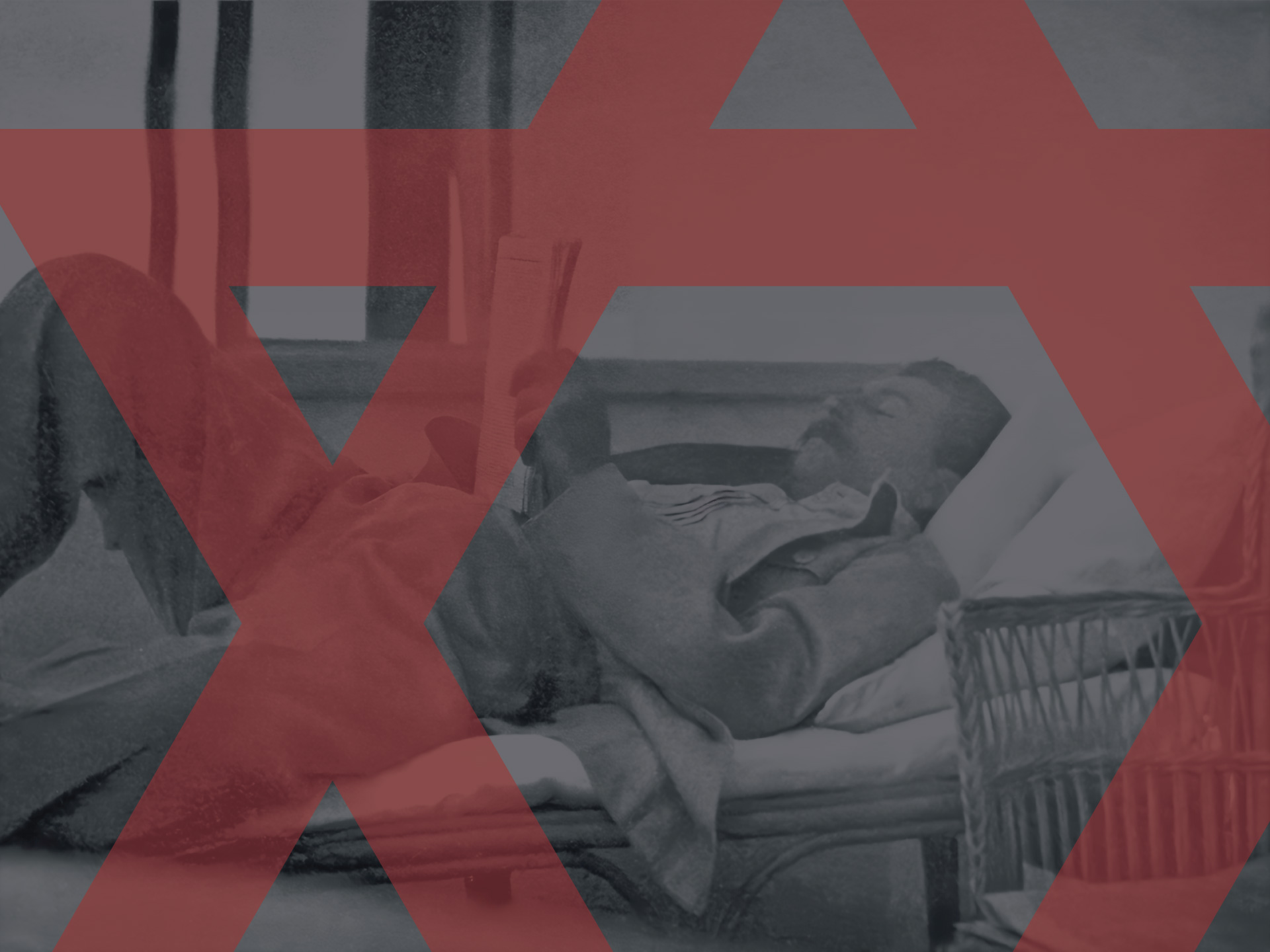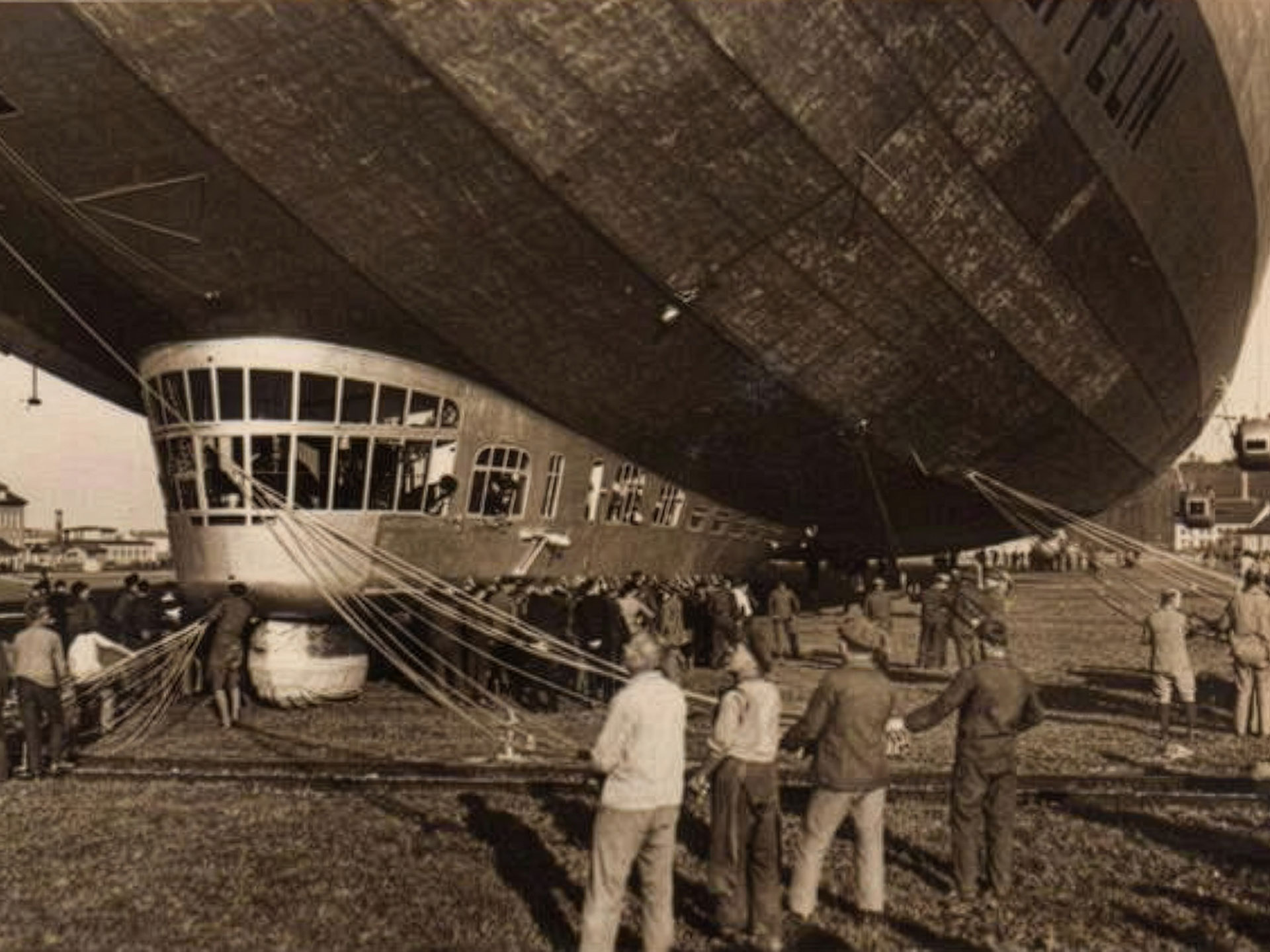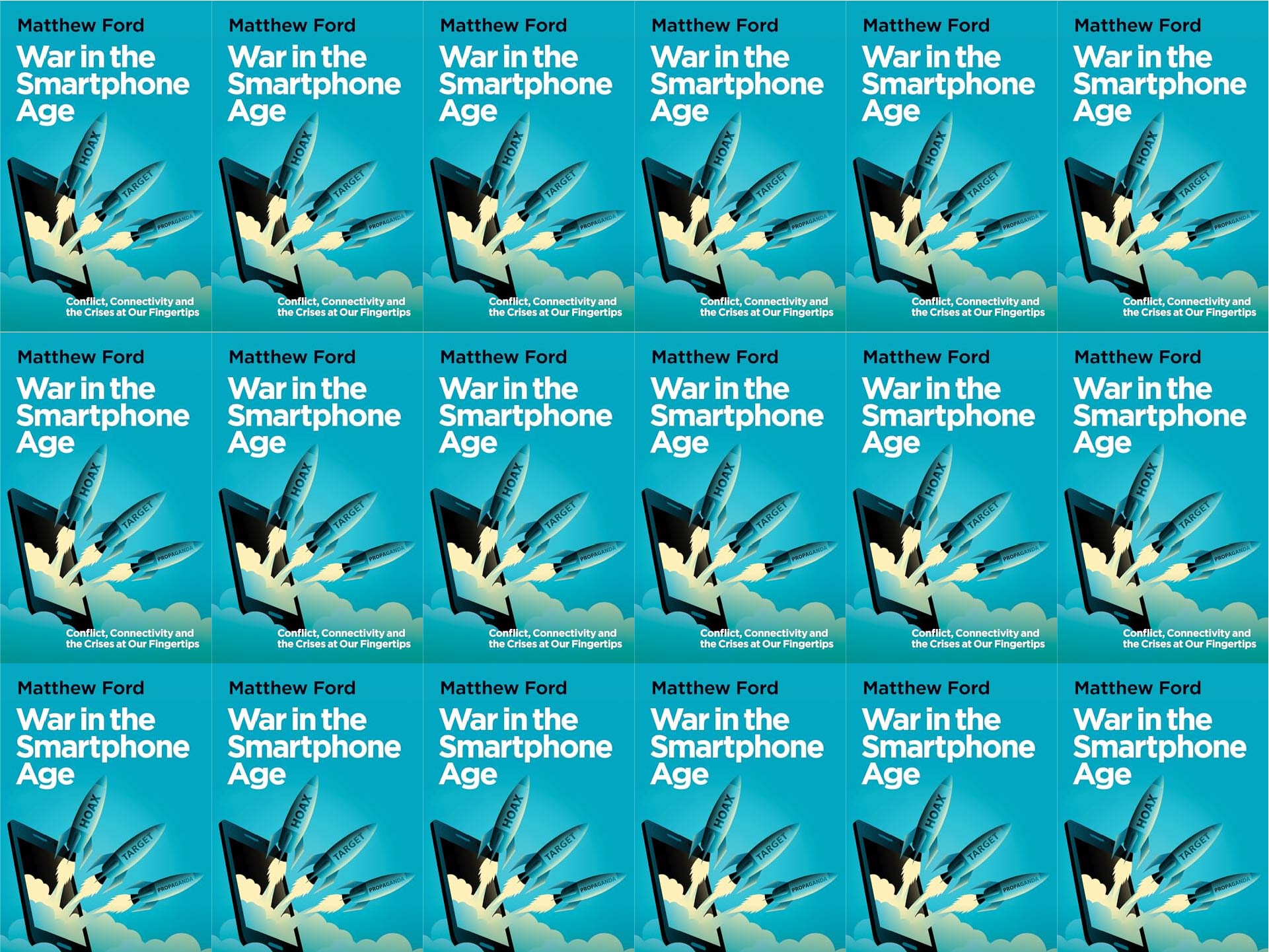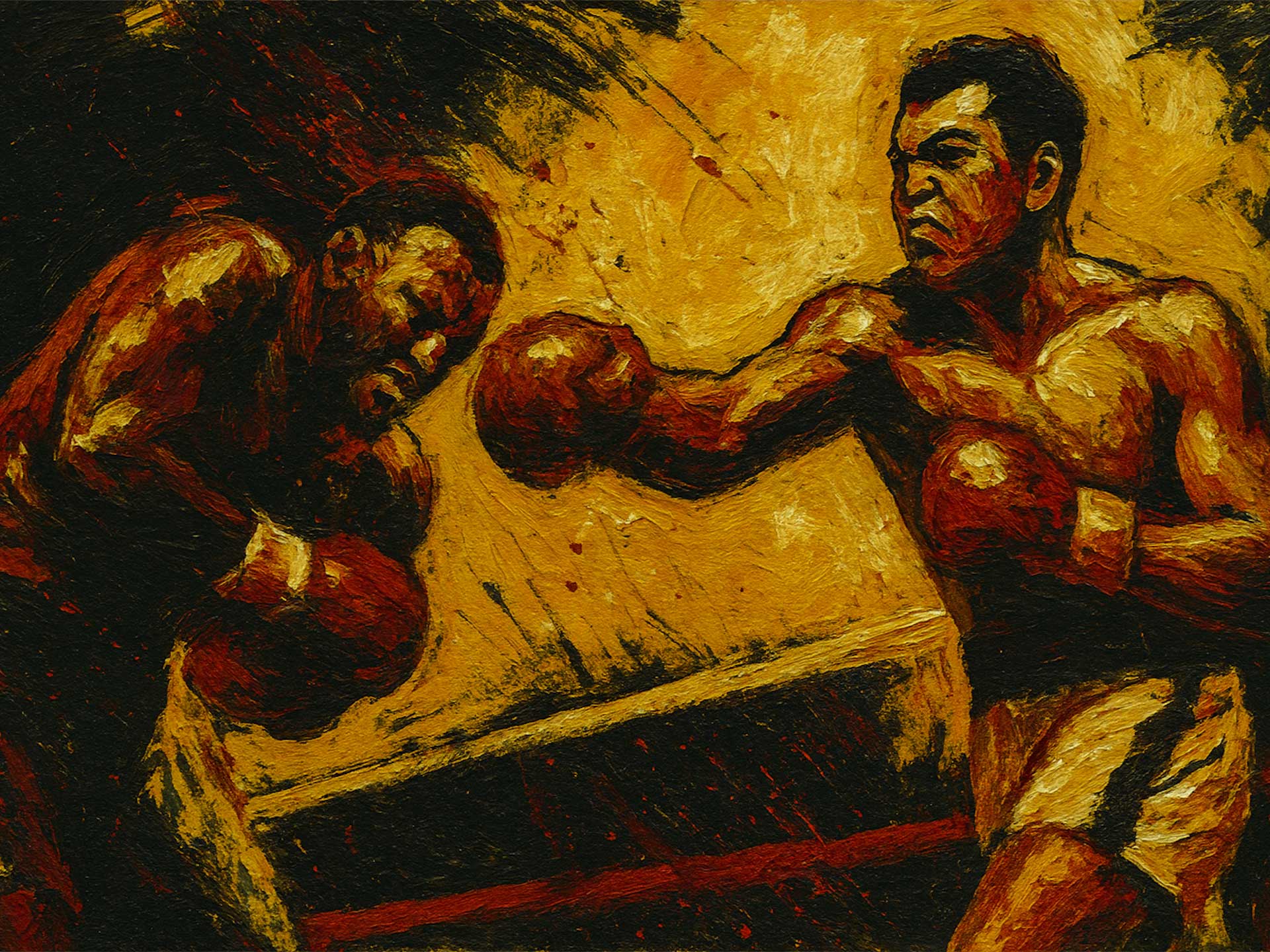It’s no exaggeration then, when David Blankenhorn from the Institute for American Values makes the statement, “Fatherlessness is the most harmful demographic trend of this generation.”
[dropcap size=small]I[/dropcap]t’d been 6 years since I spoke to my father. And in the years prior, our ‘conversations’ were better referred to as commands. I remember growing up, at my rugby matches, the fathers of fellow teammates would fill the stands. With beer in hand, they’d curse the referee, and shout with celebration when their son scored a try. I’d look over at the sidelines and wish my dad was there.
Boo-hoo, get it over man.
I wish it simply were a case of eating cement and hardening up, shaking off the dust and being a man. But that’s the very passivity we pass off as manliness, and the effects are devastating:
63% of youth suicides are from fatherless homes. [US D.H.H.S., Bureau of the Census]
71% of high school dropouts come from fatherless homes. [National Principals Association Report on the State of High Schools]
85% of all youths in prison come from fatherless homes . [Fulton Co. Georgia, Texas Dept. of Correction].
In the US, it’s estimated there are over fifteen million, or 1 in 3 under the age of 18 live without a father.
In the UK, lone parent, fatherless homes are increasing at a rate of more than 20,000 a year. Director of the Centre for Social Justice Christian Guy agrees there’s a clear link between teenage violence, crime, and depression and father absence,
“For children growing up in some of the poorest parts of the country, men are rarely encountered in the home or in the classroom. This is an ignored form of deprivation that can have profoundly damaging consequences on social and mental development.
In Australia, Bryan Rodgers of the Australian National University evaluated trends and research and notes the connection between fatherless homes and a wide range of social and psychological problems: poor academic achievement, low self-esteem, substance use and abuse, sexual precocity, criminal activity, depression, an suicidal behaviour.
It’s no exaggeration then, when David Blankenhorn from the Institute for American Values makes the statement, “Fatherlessness is the most harmful demographic trend of this generation.”
But as devastating are the effects of absent fathers, there’s something perhaps worse—present fathers. Fathers who are physically present, but absent in every other sense. In fatherless homes, the issue is plain and obvious, there’s a sense of comfort in the clarity. But when a father is there, but not truly present, you’re dealing with a covert cancer. It’s battling the unseen enemy.
Forgiveness wasn’t an easy process, but it came. And as a result, healing. My only regret being that it didn’t come sooner. But the years of anger, frustration, and confusion created a canyon that took time to cross. I let those years roll on, and the bitterness brew. With every demand for an apology, I was waiting for truth to make an exception, but multiple eternities would never turn two wrongs into a right.
Often, it takes a breakdown to spark a breakthrough. Although identifying the issue is key, it’s what you do with that knowledge that’s crucial. One of the most tragic cases of knowledge without action is the 1964 Kitty Genovese murder. Stabbed to death outside her apartment, highly publicised reports suggested up to 38 people heard the attack take place but did nothing under the assumption someone else had taken action. The incident lead social psychologists to study and uncover the phenomenon known as the “bystander effect.”
And here I was, playing the bystander. As easily as I could’ve justified my position as the innocent victim, it didn’t change the fact I was still rubbernecking—watching a horrific accident take place, and doing nothing.
After 30 years of existential investigation and playing psychologist to the situation, my “Aha moment” came. For the first time, he became the broken father, and I became the absent son. It never occurred to me, in all those studies labelling absent fathers, they completely overlooked the fact that they too were broken sons. They were being labelled as perpetrator, but never as victim.
Maya Angelou said, “When you know better, you do better.” My father was a politician for the South Vietnamese government. He spent four years as a prisoner of war after the fall of Saigon. I can’t even begin to fathom what that experience would’ve been like.
I have no doubt he raised me the best way he knew how; that he did the best with the tools he’d been given. He was every bit a broken father. And so I made the resolution no longer to be an absent son. No longer to be a bystander.
We’re sitting at the dining table—having a conversation, years of silence broken. The awkwardness that marks two strangers chatting enters into the picture every now and then, but quickly dissolves with the laughter between father and son.
I wish what I craved for was merely a social construction; that the importance of father-son relationships was subjective, and at any point I could unsubscribe to such a cultural idiosyncrasy. But it’s something woven into our DNA, and while the neglect has serious implications for our society, it’s the core of our being that suffers worse. Certainly a cause that leaves no room for bystanding.
